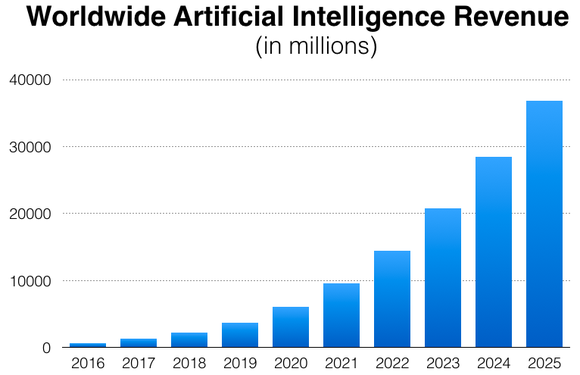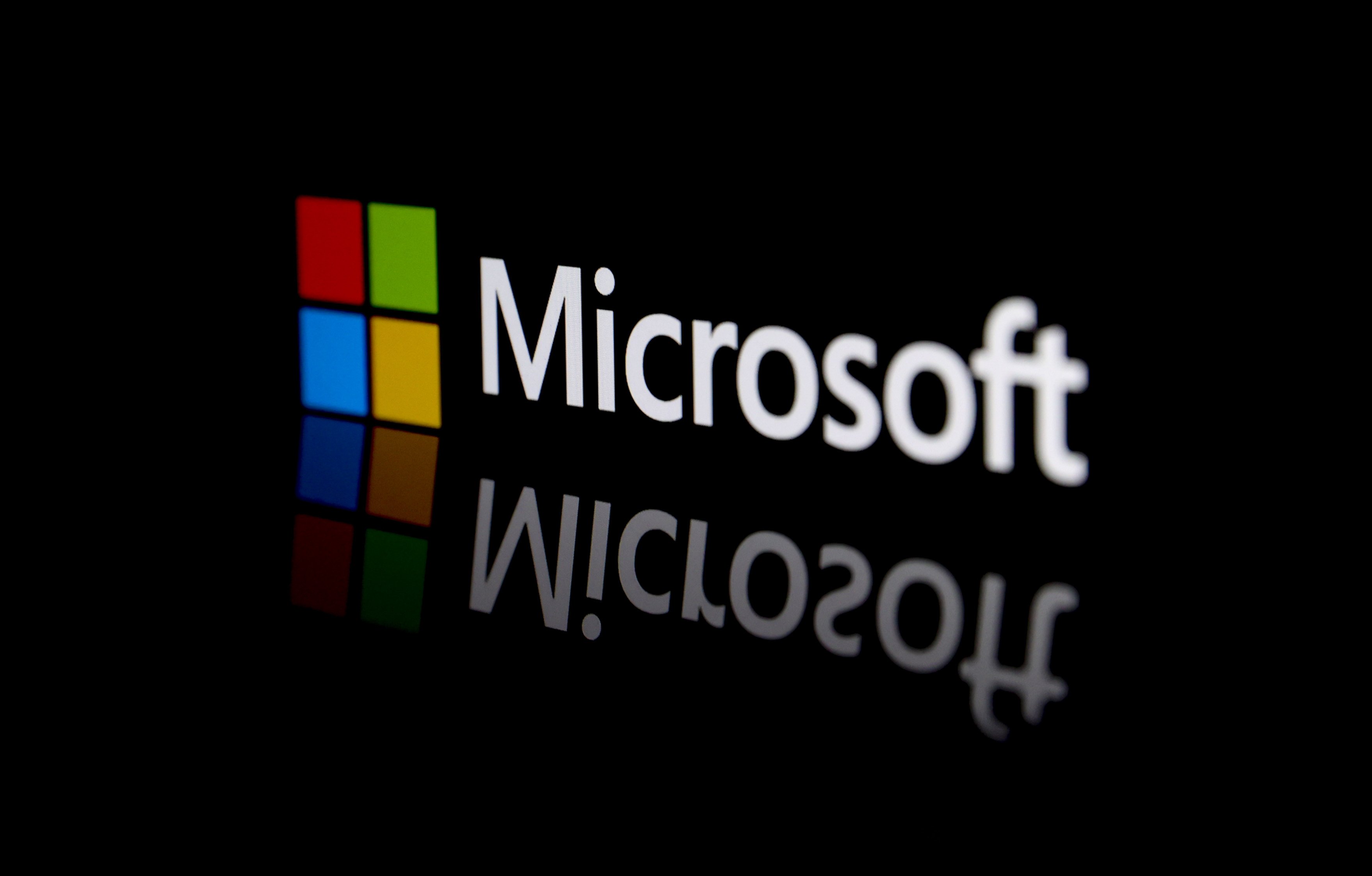
Image source: Getty Images.
Last week, Microsoft (MSFT 0.74%) made yet another leap forward in its already ambitious artificial intelligence (AI) plans when it scooped up AI start-up Maluuba.
The Montreal-based company is "one of the world's most impressive deep learning research labs for natural language understanding", according to Microsoft, and will help the tech giant pursue a monumental goal in AI, called artificial general intelligence (AGI).
Thinking, reasoning, and communicating like humans
The idea behind AGI -- and Maluuba's main pursuit -- is to create "literate machines that can think, reason, and communicate like humans", Microsoft's executive vice president of artificial intelligence, Harry Shum, wrote in a blog post.
To do that, Maluuba uses deep learning and reinforcement learning to teach the AI how to answer questions, and learn what humans are asking, on its own.
The company is using natural language processing technology that helps machines understand what people are saying, what context they're asking it in, and what information they want in a response -- just as humans communicate.
Shum said in the post: "Imagine a future where, instead of frantically searching through your organization's directory, documents, or emails to find the top tax-law experts in your company, for example, you could communicate with an AI agent that would leverage Maluuba's machine comprehension capabilities to immediately respond to your request. The agent would be able to answer your question in a company security-compliant manner by having a deeper understanding of the contents of your organization's documents and emails, instead of simply retrieving a document by keyword matching, which happens today."
And that's just one of the hundreds of ways Microsoft said it envisions using the company's AI capabilities.
What this actually means for Microsoft
Microsoft has been developing AI technologies for years and most recently released a Twitter chatbot that was meant to learn from interactions with other social media users. That didn't go so well and the bot, called Tay, was taken down not long after it went online.
But Microsoft was undeterred after Tay, announcing a new feature at the end of 2016 that would allow companies to use variations of AI chatbots to turn company website FAQs into conversational bots. It's one of the company's early steps in connecting bots to company databases, so they can simplify tasks through conversations.
And in a Bloomberg interview last year, CEO Satya Nadella talked about using natural language AI to improve interactions with mobile apps, "The complexity is too much. We need to tame it. We need to be able to make it much more natural for people to get things done vs. this thing about let me remember the 20 apps I need to get anything done."
The ultimate goal for Microsoft's AI pursuits (and nearly every other AI company) is to get machines to reach the coveted artificial general intelligence level. Microsoft is now closer than ever with its purchase of Maluuba -- and the acquisition comes at the perfect time. Here's how worldwide AI revenue is expected to grow over the next eight years:

Data sources: Tractica and Statista.
Tractica expects the global artificial intelligence market to spike from $644 million this year to $36.8 billion by 2025.
Investors looking to benefit from AI's growth would be wise to consider Microsoft's focus. With its past research and recent acquisition, the company is proving that it views the AI opportunity seriously and should continue to lead efforts in this space in the coming years.






